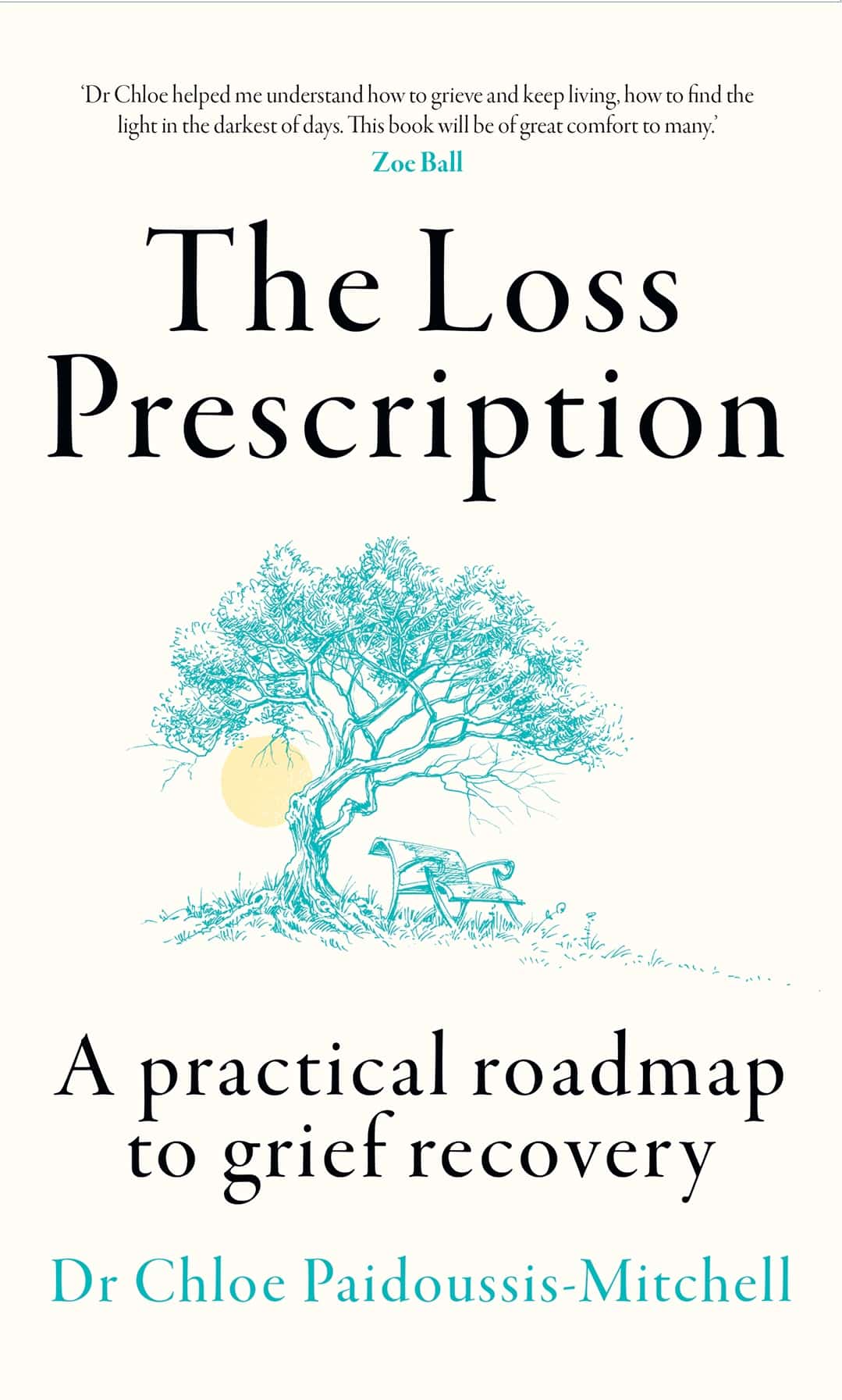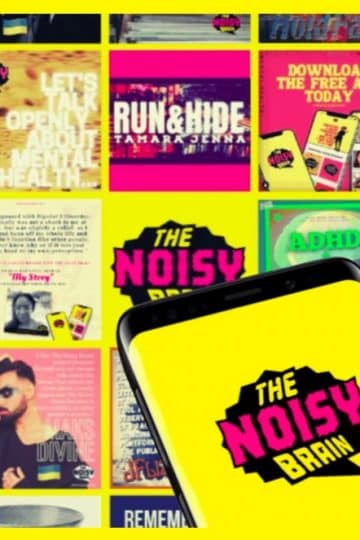The silent struggle: men, grief and mental health
Mental Health
Male grief is a silent struggle. Society expects men to keep their pain hidden and carry on, but this can be a terrible mistake says Dr Chloe
Everyone faces loss; in bereavement, break-ups, separation, divorce, pet loss, miscarriage, loss of financial security, loss of freedom, loss of health, loss of youth; it is an inevitable part of life. But yet grief is often seen as something that should be suffered in stoic silence by men.
The expectation and pressure for men to maintain a strong exterior in grief – to be ‘the rock’ – is horribly stressful and alienating. Without the good support of friends and family, the road to recovery from Grief is long and complicated. Although there are as many grief stories as there are life stories, it seems that men are expected to withhold and ‘swallow’ their grief, suffering unimaginable tension, stress, being othered, alienated, overwhelmed, anxious and depressed.
No significant loss is ‘digestible’ as the only way to recovery is through it. If we swallow it, bottle it up, or repress it for too long it builds as tension in the body and leaks out as depression, anxiety and other mental health issues. Recovery is about healthily processing the loss, expressing it, adapting to it, accepting it, honouring it and sharing it. Grief can’t be fixed. It can only be carried and the good support of friends and family helps immensely. It gives hope and fosters deeply meaningful connections, which support the bereaved to rebuild himself; safe in the knowledge that he is not alone. Men need support just as much as women do, and silencing grief, pretending they’re ok when they’re not, devastates their mental health and keeps them in survival mode, often self-medicating to get by, enveloped in a state of loneliness.
In my recent book “The Loss Prescription: A Roadmap to Grief Recovery” I highlight the profound connection between loneliness and mental health issues among men. “Although loneliness can affect anyone, gender roles, societal expectations, and cultural norms label men as self-reliant, unemotional, and tough, all of which contribute to loneliness.”
A recent survey in the UK revealed that 77% of 1,000 men reported feeling that they had a diagnosable mental health condition, and 40% had never spoken to anyone about their mental health because they felt “too embarrassed” to do so. In 2020, three-quarters of all registered suicide deaths in the UK were men. There is a growing awareness around men’s mental health, with campaigns such as CALM (Campaign Against Living Miserably) and platforms like this one – The Book of Man – fighting toxic masculinity. However, more needs to be done to prevent men’s mental health from deteriorating, especially when they are in grief.
Careless comments disguised as banter such as “You’re being such a wuss,” “Man up,” ‘You should be over it by now” are devastating because they other and isolate the person in grief. They are attempts to fix grief, rather than share it and help make sense of it. These machismo attitudes reinforce the cultural norm that men should somehow process grief in an unemotional and goal-oriented way.
Don’t get me wrong. Focusing on goals and daily tasks to help put some structure to your day – like going for a run – help to scaffold the days of grief but it is essential that the lived experience of the unfolding nature of grief, and the ripple effect it has on life mentally, socially, emotionally and spiritually is reflected upon, understood and shared. So many men, don’t know what to expect, don’t have big networks of support, connect through shared activities like sporting games, or pub nights – which are not conducive to really sharing grief and end up compartmentalising their grief so much, they suffer difficult mental health issues. In my experience, men and especially young men don’t really know what shapes their grief, what type of grief they are coping with, and how to grieve well.
We need to raise awareness on Grief, so men can embrace recovery. So much contributes to the grief process but the endpoint of grieving is learning find a meaningful way to live life well, valuing oneself, being the kind of man you want to be, aligned with personal values and anchored in your life purpose.
“The Loss Prescription” offers a roadmap to recovery through loss, with practical tools and therapeutic strategies (AKA Prescriptions) to cope with the personal, mental, social, physical, emotional, and spiritual impact of loss. It is a personal toolkit – like a therapist in a book – offering many different suggestions to pick whatever works for you. My approach is holistic with lots of stories of loss, including my own, to inspire and show you there is hope. Grief hits us all personally, but the steps towards recovery and mental health are the same for everyone. This book will help anyone lost in the dark.
With the right approach and knowledge, grief doesn’t have to be catastrophic. It can be difficult and traumatic but bereaved people can find joy and happiness again. But they can’t do it, if their grief is suppressed and bottled up for too long. “The Loss Prescription” provides the tools and resources needed to navigate grief in a healthy and constructive way.
My hope is to break down the stigma surrounding men’s mental health and share self-help prescriptions so men can embrace life positively amidst grief. As society continues to evolve, it is essential to challenge and change the cultural norms that hinder men from addressing their grief. By doing so, we can create a world where men feel empowered to grieve openly and heal fully, ultimately improving their mental health and overall well-being.
“The Loss Prescription: A practical roadmap to grief recovery” is published by Harper Collins, and is available in hardback, e-book and audio format – in all major bookstores, and on all the usual platforms.
If you’d like to share your story of loss, connect with me @drchloe_thegriefpsychologist
Dr Chloe
Founder of the Grief Clinic,
Author of The Loss Prescription


Join The Book of Man
Sign up to our daily newsletters to join the frontline of the revolution in masculinity.





















